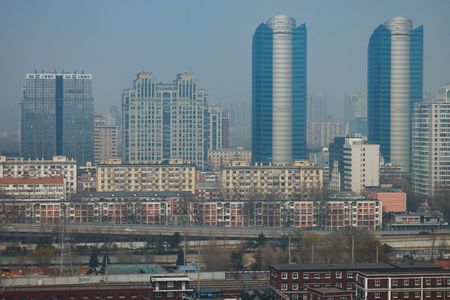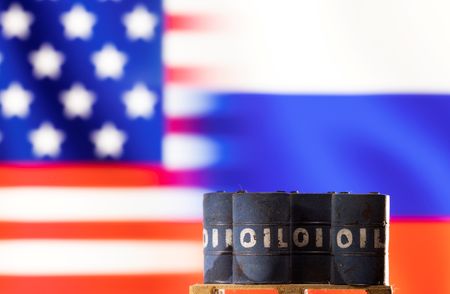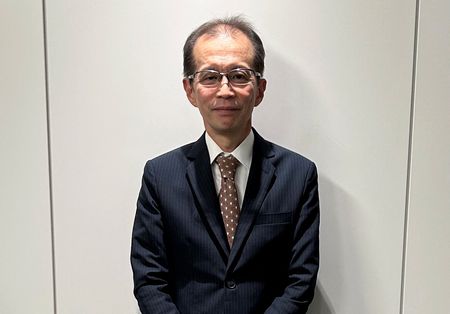By Julia Payne and Florence Tan
BRUSSELS/SINGAPORE (Reuters) -The European Union has added two Chinese refiners with combined capacity of 600,000 barrels per day (bpd) as well as Chinaoil Hong Kong, a trading arm of PetroChina, to its Russia sanctions list, its Official Journal showed on Thursday.
The two refineries are Liaoyang Petrochemical and Shandong Yulong Petrochemical. The sanctioned plants account for 3% of China’s 19 million bpd refining capacity.
The Chinese listings are not the EU’s first, but they are the most economically significant. In tandem with Group of Seven nations, the EU is trying to further drain Russia’s means to fund its war in Ukraine by squeezing vital oil and gas revenues.
The EU also listed China’s Tianjin Xishanfusheng International Trading Co, which it said played a significant role in Russia’s efforts to circumvent sanctions.
“It has exported goods of Union origin to entities in Russia whose direct export from the Union to Russia is prohibited,” it said.
China’s Ministry of Foreign Affairs did not immediately respond to a request for comment. Chinaoil, Yulong, Liaoyang and Xishanfusheng did not immediately respond to comment requests.
The EU said the three oil companies were significant buyers of Russian crude oil and therefore provided a “substantial source of revenue” to Moscow.
Yulong is China’s newest refinery with a capacity of 400,000 bpd and one of the country’s largest single Russian oil customers.
Several of Yulong’s crude suppliers have already cancelled sales of Middle Eastern and Canadian oil to the plant after Britain sanctioned the refinery last week.
The EU journal said the refiner had bought millions of barrels of Russia’s ESPO and Urals crude grades.
The Liaoyang plant has a capacity of 200,000 bpd in northeastern China and is an integrated refiner and petrochemical company.
(Reporting by Florence Tan in Singapore and Julia Payne in Brussels, additional reporting by Sam Li in Beijing; Editing by Susan Fenton, Mark Potter and Joe Bavier)









